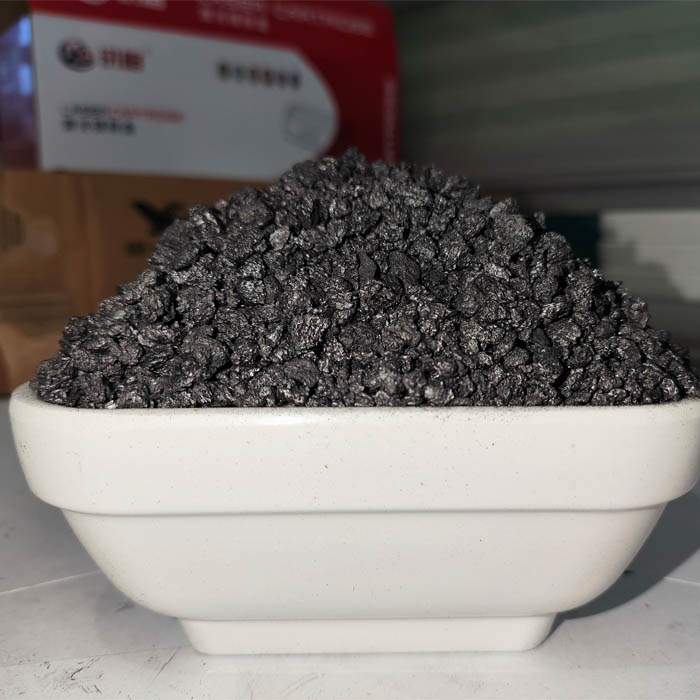Dec . 16, 2024 10:12 Back to list
building wall studs material manufacturers
Understanding Building Wall Studs Materials and Manufacturers
Building wall studs are essential components in the construction of walls, providing support and structural integrity to various types of buildings. They serve as the framework upon which drywall or other wall coverings are attached, making them a critical element in the overall construction process. The choice of material for wall studs can significantly impact the durability, strength, and efficiency of a building project. This article explores the different materials used for wall studs, the advantages each material offers, and an overview of leading manufacturers in the industry.
Common Materials for Wall Studs
1. Wood Wooden studs, typically made from softwoods like pine, spruce, and fir, are the most traditional materials used in framing. Wood is favored for its availability, ease of use, and good strength-to-weight ratio. It is relatively affordable and provides good insulation when properly installed. However, wooden studs can be susceptible to warping, cracking, and termites, which can compromise the structural integrity over time. To combat these issues, treated wood or engineered wood products such as LVL (Laminated Veneer Lumber) are often used in more demanding applications.
2. Metal Steel studs have gained popularity in commercial and some residential constructions, primarily due to their strength and durability. Unlike wood, steel studs are not vulnerable to pests, do not warp or shrink, and are flame-resistant, making them a safer option in terms of fire hazards. They can be manufactured in various gauges to suit different applications, and their lightweight nature makes for easy transportation and installation. However, steel conducts heat and cold, which can lead to higher energy costs unless proper insulation is utilized.
3. Composite Materials Composite wall studs are an innovative alternative to traditional wood and metal. Made from a mix of materials such as recycled plastics and wood fibers, composite studs offer a blend of durability, moisture resistance, and environmental sustainability. These materials are engineered to resist termites, rot, and warping, making them a reliable choice for various climates. Manufacturers often emphasize their eco-friendly attributes, appealing to environmentally conscious builders and consumers.
4. Structural Insulated Panels (SIPs) SIPs are a more modern framing method that combines insulation and structural support into one panel, eliminating the need for traditional stud framing. These panels are composed of a rigid foam core sandwiched between two layers of oriented strand board (OSB) or similar materials. SIPs offer excellent energy efficiency, superior insulation properties, and reduced labor costs due to faster installation times. However, the upfront cost can be higher than conventional framing methods, which may deter some builders.
Leading Manufacturers of Wall Studs
building wall studs material manufacturers

Several manufacturers specialize in producing high-quality wall studs across different materials
. Here are some prominent names in the industry- USG Corporation A leader in the building materials sector, USG produces a wide range of gypsum products, including metal studs. Their innovative designs enhance the performance of commercial and residential constructions.
- Georgia-Pacific Known for its wood products, Georgia-Pacific offers engineered wood studs that meet specific requirements for strength and stability. Their products are widely used in residential framing applications across the United States.
- Steel Stud Manufacturer Association (SSMA) Representing several manufacturers in the steel stud sector, SSMA promotes the benefits of metal framing through quality standards and best practices, ensuring that builders have access to reliable products and resources.
- Trex Company, Inc. As a leader in composite materials, Trex offers an array of building supplies, including composite studs. Their commitment to sustainable manufacturing processes aligns with the growing demand for eco-friendly building solutions.
- SIPBuild Specializing in structural insulated panels, SIPBuild provides efficient solutions for critical construction needs. Their products are designed for versatility and energy efficiency, making them popular among builders looking to enhance sustainability.
Conclusion
Choosing the right material for building wall studs is crucial for any construction project. With various materials available, including wood, metal, composites, and structural insulated panels, builders must consider factors such as strength, durability, energy efficiency, and environmental impact. By partnering with reputable manufacturers, builders can ensure they are using high-quality materials that meet industry standards, ultimately leading to safer and more sustainable building practices. As the construction industry continues to evolve, advancements in stud materials will play a vital role in shaping the future of building design and construction methodologies.
-
Eco-Friendly Granule Covering Agent | Dust & Caking Control
NewsAug.06,2025
-
Fe-C Composite Pellets for BOF: High-Efficiency & Cost-Saving
NewsAug.05,2025
-
Premium Tundish Covering Agents Exporters | High Purity
NewsAug.04,2025
-
Fe-C Composite Pellets for BOF | Efficient & Economical
NewsAug.03,2025
-
Top Tundish Covering Agent Exporters | Premium Quality Solutions
NewsAug.02,2025
-
First Bauxite Exporters | AI-Optimized Supply
NewsAug.01,2025
